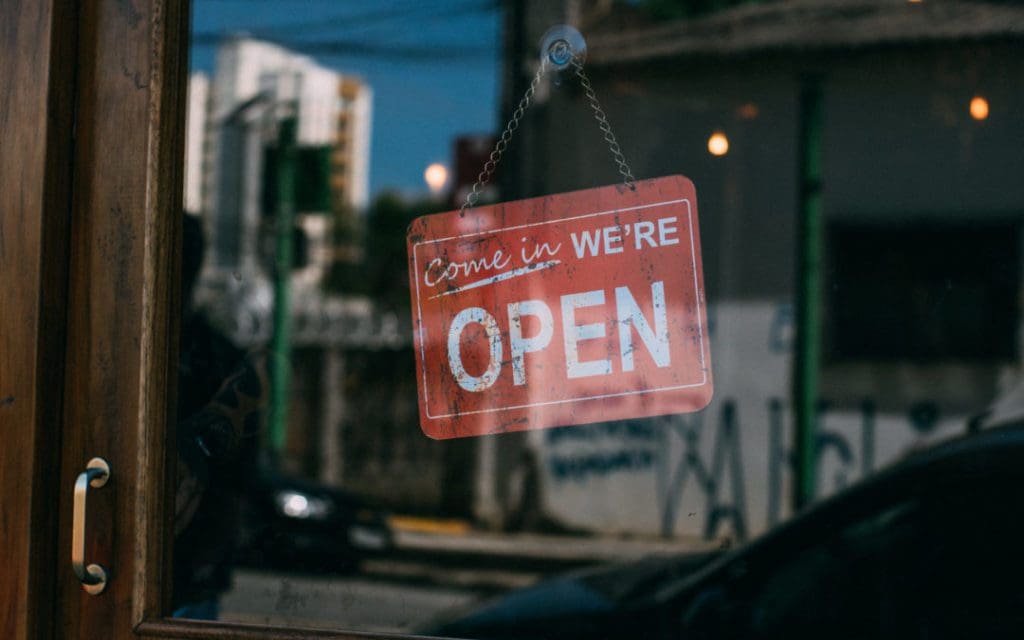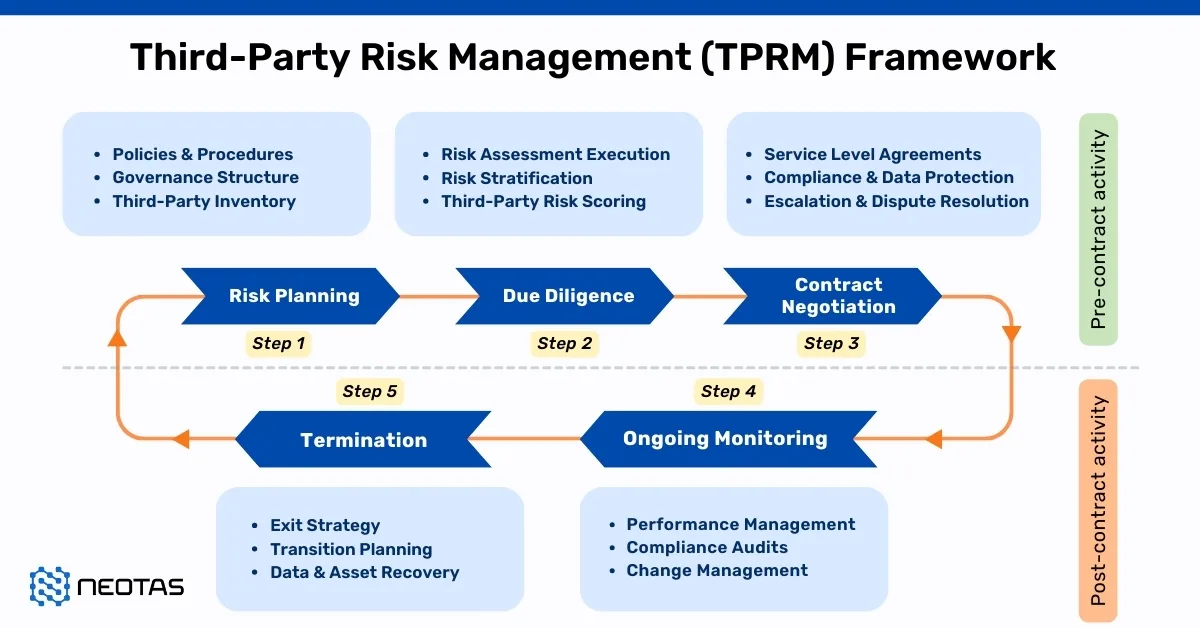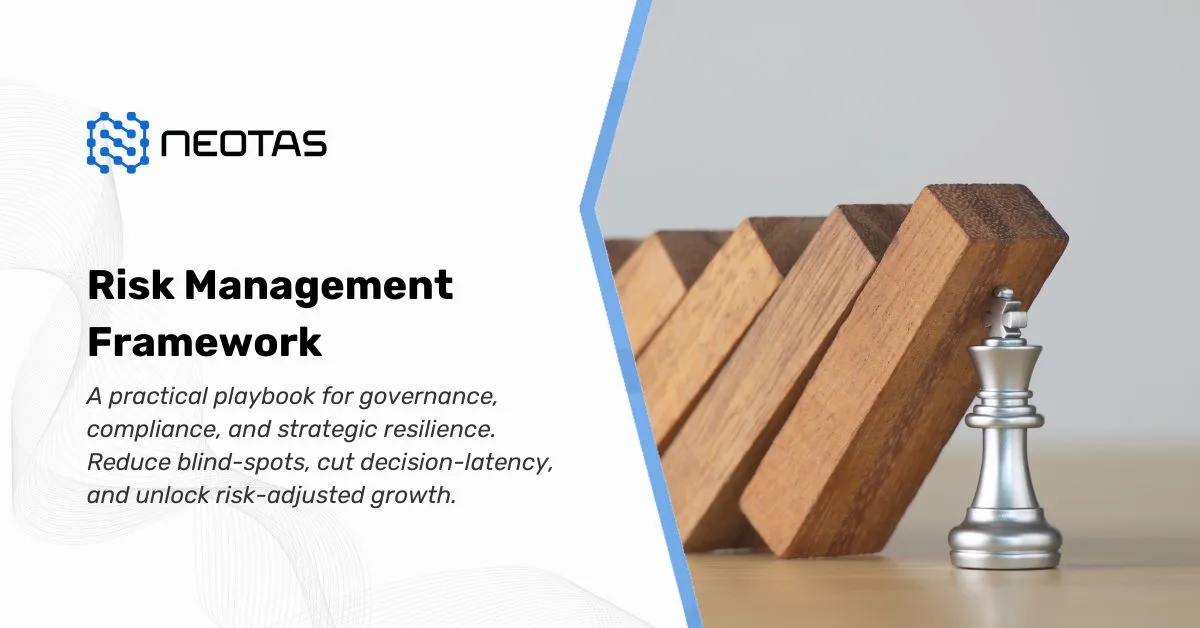Most of us are aware that if our social media privacy settings are not quite adequate, then our lives are open for all to see; whether it’s that drunken photo of you at university, the staff night out two years ago or maybe the questionable video of you dancing at your friend’s wedding. It doesn’t matter what we put online, we are always conscious of what image we want to portray to our friends and how exciting and fantastic our life is.
But what happens when sharing things online stops being fun and starts being dangerous? You may think that sharing your daily run on fitness tracking applications like Strava or RunKeeper is just harmless boasting, but it can easily leave you and others vulnerable.
This is exactly what happened recently when American soldiers in Afghanistan were using the apps to track their running without adaquate privacy settings. These US soldiers were unknowingly giving away vital information to everyone about where the base was, the layout of the roads within the base and what their daily running schedule was like.
Even if you’re not in the military, giving out the time and duration of your daily run leaves you vulnerable to the possibility of being a victim of a crime; with just a small amount of OSINT, anyone can easily determine where you live and when you’re out, leaving your house susceptible to burglary.
What about those holiday photos taken while you and the family were away? You wouldn’t leave your house without locking the door, so why shout out that your house is empty for everyone to see? Many famous footballers have fallen victim to burglary after posting holiday snaps on Instagram.
Or what about the photo of your kids in their school uniform? Not only could you have given away your location by not turning off your geographical location settings, but you have also given away where your kids go to school. And for someone in a powerful position, this could make you vulnerable to bribery.
Conversely, social media has been used to actually solve crimes. Recently, a Canadian woman was sentenced to seven years in jail for killing her best friend; thanks to her poor security settings the police linked the murder weapon to a selfie that she had posted on her Facebook page.
The insatiable need for society to share everything online has become almost epidemic, and we are all guilty of it. We live our lives online in the hope that we get 15 minutes of fame or we get all those “likes” on our Instagram page, but at what cost?
At Neotas, we look at the potential vulnerabilities your everyday online activity can cause you; alerting you to places in which you can fall victim, helping you stay safe both on and offline.



 New Whitepaper and Checklist
New Whitepaper and Checklist
























